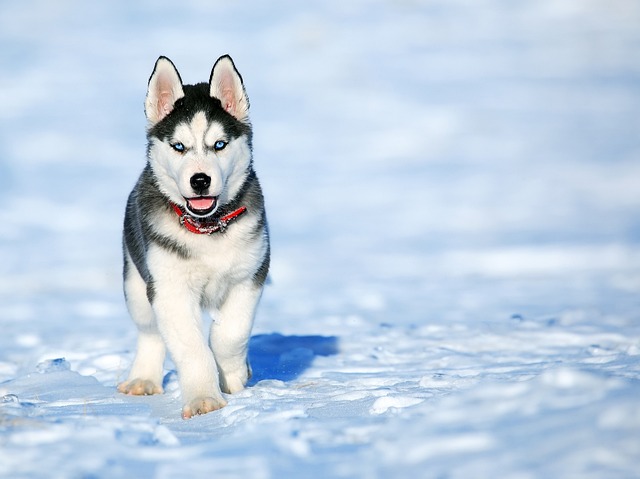
How do i train my dog to be obedient?
Watching your dog dart across the park ignoring your calls isn’t just frustrating—it can put them at risk near busy streets or public spaces.
The moment you bring that wiggly ball of fur home, the clock starts ticking—but not in a rush. House training a puppy isn’t about waiting for some magical age; it’s about reading their signals and starting gently when they’re ready to learn. Most puppies can begin picking up the basics around 8 to 12 weeks old. By then, their tiny bladders can hold it for short stretches, and their brains are starting to connect actions with consequences—like getting a treat when they go outside.
Don’t let the idea of “starting early” stress you out. At 8 weeks, a puppy’s attention span is shorter than a squirrel chase, so keep sessions quick and positive. Take them out first thing in the morning, right after naps, and within 15 minutes of eating or drinking—those are prime times they’ll need to go. When they do their business outside, cheer like they just won a prize: clap, say “good potty!” and offer a tiny treat. They’ll start linking that happy reaction with going in the right spot. If accidents happen inside—and they will—clean them up calmly with an enzymatic cleaner (soap can leave smells that attract them back). Never scold or rub their nose in it; that just scares them, and they’ll learn to hide when they need to go, which makes training harder.
Puppies thrive on routine, so stick to a schedule as much as possible. Feeding them at the same times every day helps their bodies get into a rhythm, making it easier to predict when they’ll need to head out. Some areas have local rules about cleaning up after your dog in public spaces, so always carry bags—this isn’t just polite, it’s part of being a responsible owner. Plus, consistent trips to the same spot in your yard or a nearby park can reinforce the idea that “this is where we go.”

Age matters, but so does your puppy’s breed and size. Smaller dogs often have smaller bladders and might need more frequent breaks than larger breeds. A 12-week-old puppy can usually hold it for about 3 to 4 hours, but don’t push it—better to take them out too often than risk an accident. As they hit 4 to 6 months, their control will get stronger, and you can start stretching the time between trips. This is also when many puppies go through a “testing” phase, where they might suddenly forget their training. Stay patient, keep rewarding good behavior, and they’ll get back on track.
Socialization plays a role too. Taking your puppy out to potty in different environments—like on walks around the neighborhood or during short visits to pet-friendly spots—helps them learn that going outside, no matter where “outside” is, is the right move. Just make sure they’re up to date on vaccinations before exposing them to areas where other dogs frequent, to keep them healthy. Local guidelines might have rules about when puppies can be in public spaces, so check with your vet if you’re unsure.
House training is a journey, not a race. Some puppies catch on in a few weeks; others take a couple of months. The key is to stay consistent, keep your cool, and celebrate every small win. Before you know it, that tiny puppy will be trotting to the door when they need to go, and those accident-free days will become the norm.

Watching your dog dart across the park ignoring your calls isn’t just frustrating—it can put them at risk near busy streets or public spaces.

New puppy owners often find themselves rushing to clean up accidents before they set in, and that’s where puppy pad training becomes a game-changer.

If you've noticed your dog's waistline disappearing and your veterinarian has mentioned those few extra pounds, your first instinct might be to simply reduce the amount of food in their bowl.

Training a dog to use a designated spot indoors isn’t as daunting as many new owners fear, but it does take consistency and an understanding of your pet’s needs.

That moment of dread on a walk is all too familiar for many new dog owners. You see another dog approaching down the sidewalk of your neighborhood

If the sight of another dog on your neighborhood walk makes your heart sink as your own dog erupts into a frenzy of barking and lunging, you're not alone.